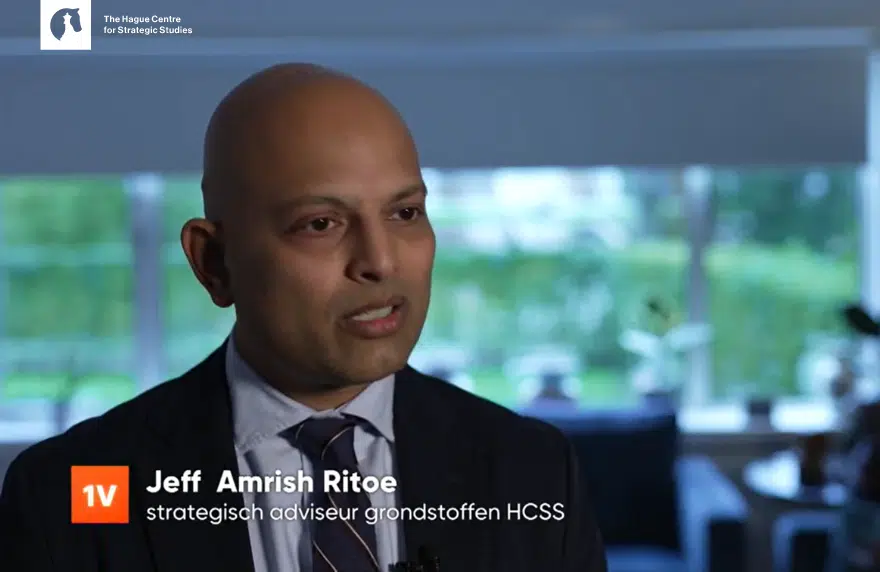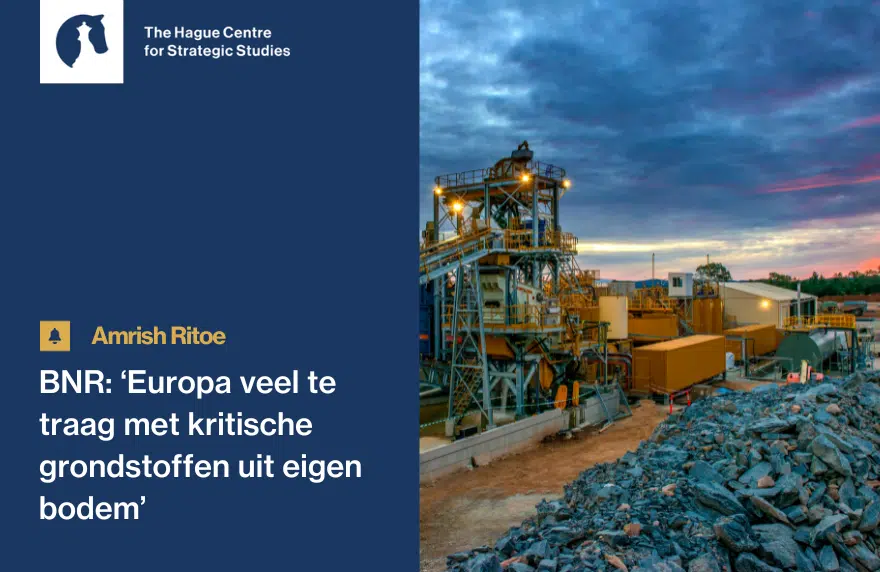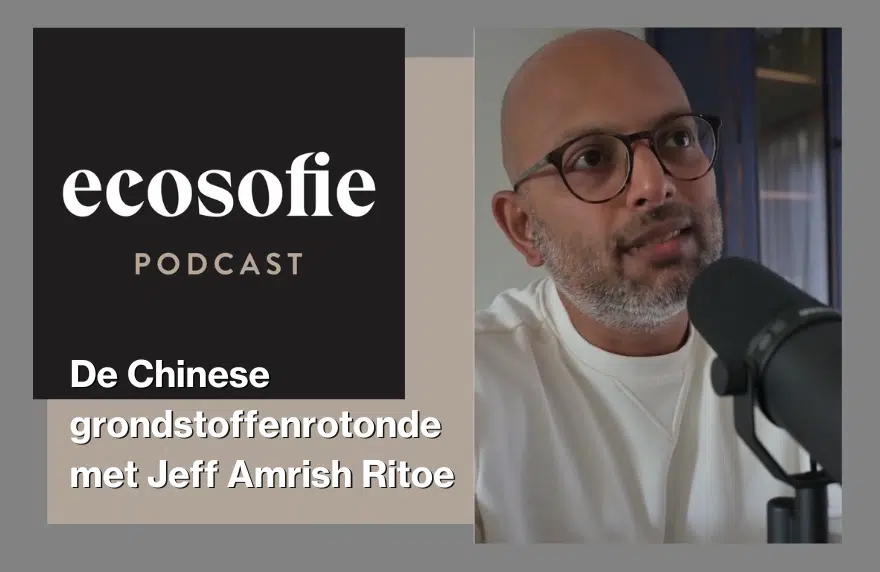Ze groeien op 4.500 meter diepte en worden de ‘truffels van de oceaan’ genoemd: mangaanknollen. Mijnbouwbedrijven willen de knollen naar boven halen voor de productie van accu’s voor elektrische auto’s. Maar natuurbeschermers zijn daar fel op tegen. De Internationale Zeebodemautoriteit (ISA) besloot vorig jaar een besluit over diepzeemijnbouw uit te stellen. Ze proberen de regelgeving voor diepzeemijnbouw klaar te hebben in 2025.
Of er na 2025 met diepzeemijnbouw mag worden begonnen, is nog niet bekend. Maar al wordt het dan niet toegestaan, strategisch adviseur grondstoffen Jeff Amrish Ritoe van het Haags Centrum voor Strategische Studies (HCSS) is ervan overtuigd dat het uiteindelijk gaat gebeuren, zegt hij bij EenVandaag. “Het is niet of, maar wanneer we starten met diepzeemijnbouw.”
“De mijnbouw op land is te schadelijk en we zien dat de concentraties op land afnemen. De kwaliteit van ertsen neemt af, wat betekent dat je veel meer en grotere kraters moet maken. En de milieu-impact is al heel groot: in Indonesië zien we dat regenwouden omgekapt worden, orang oetans worden gedood en dorpen worden verplaatst. Dus mijnbouw op land heeft een hele grote impact op mens en milieu.”
“Ook zijn we door deze vorm van mijnbouw erg afhankelijk van China. Alle grondstoffen die opgegraven worden gaan naar China om chemisch te worden verwerkt.” Diepzeemijnbouw heeft de potentie om onze afhankelijkheid van China te verkleinen, vertelt Ritoe. “Want mangaanknollen bevatten hoge concentraties metaal. Diepzeemijnbouw klinkt dus als een schonere, effectievere manier om de metalen te produceren die nodig zijn voor de energietransitie, laten we dat verder onderzoeken.”







